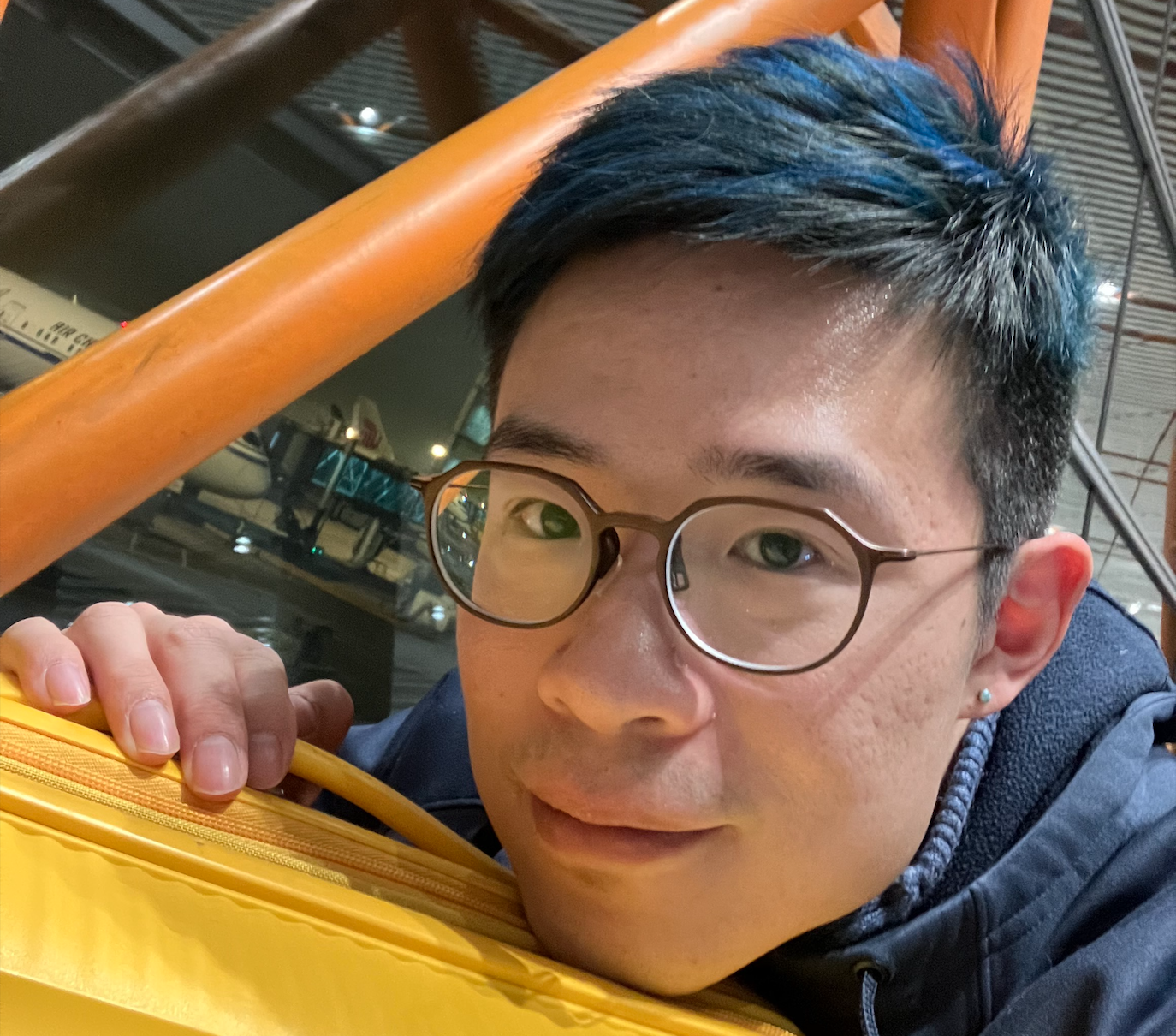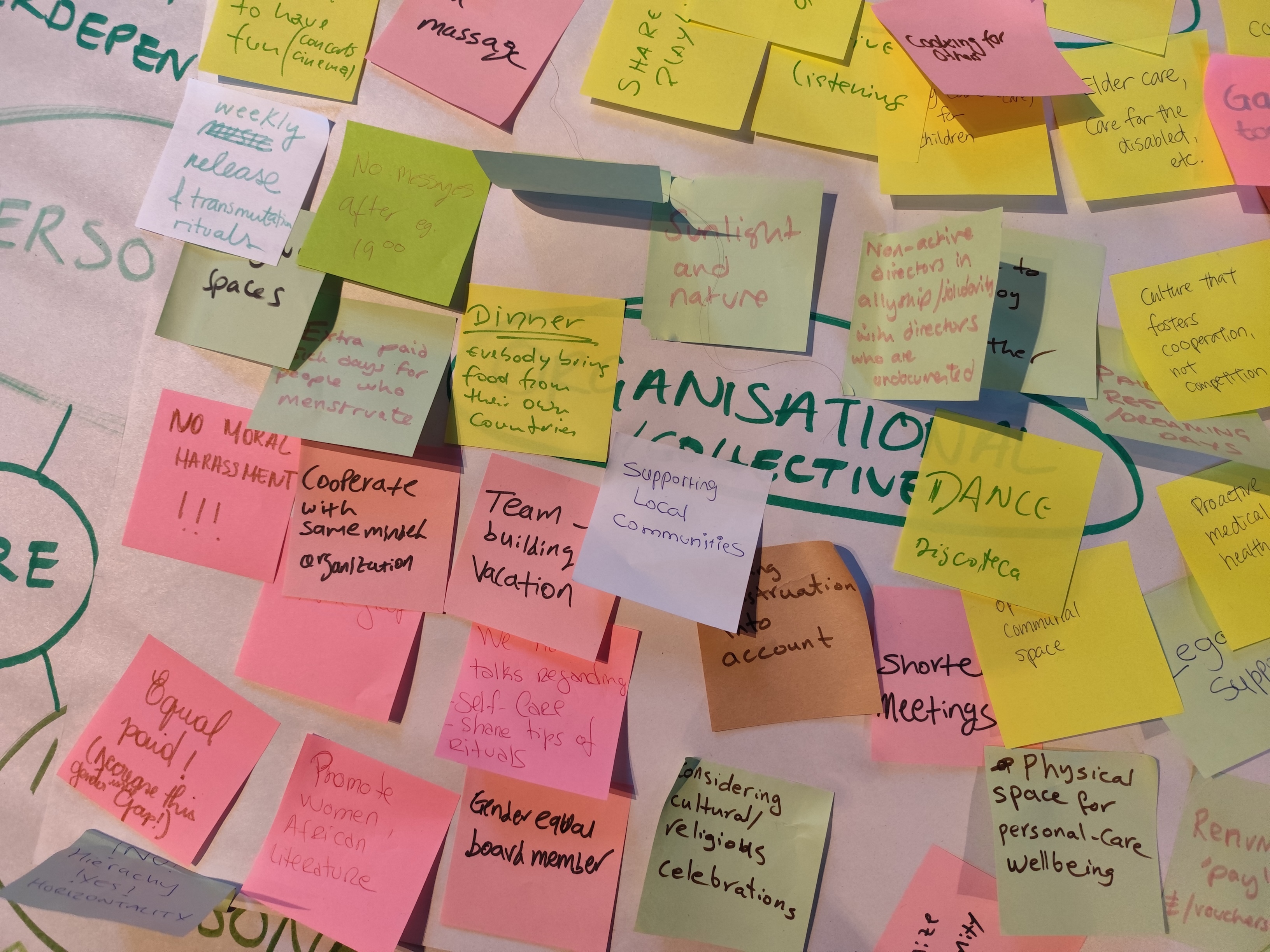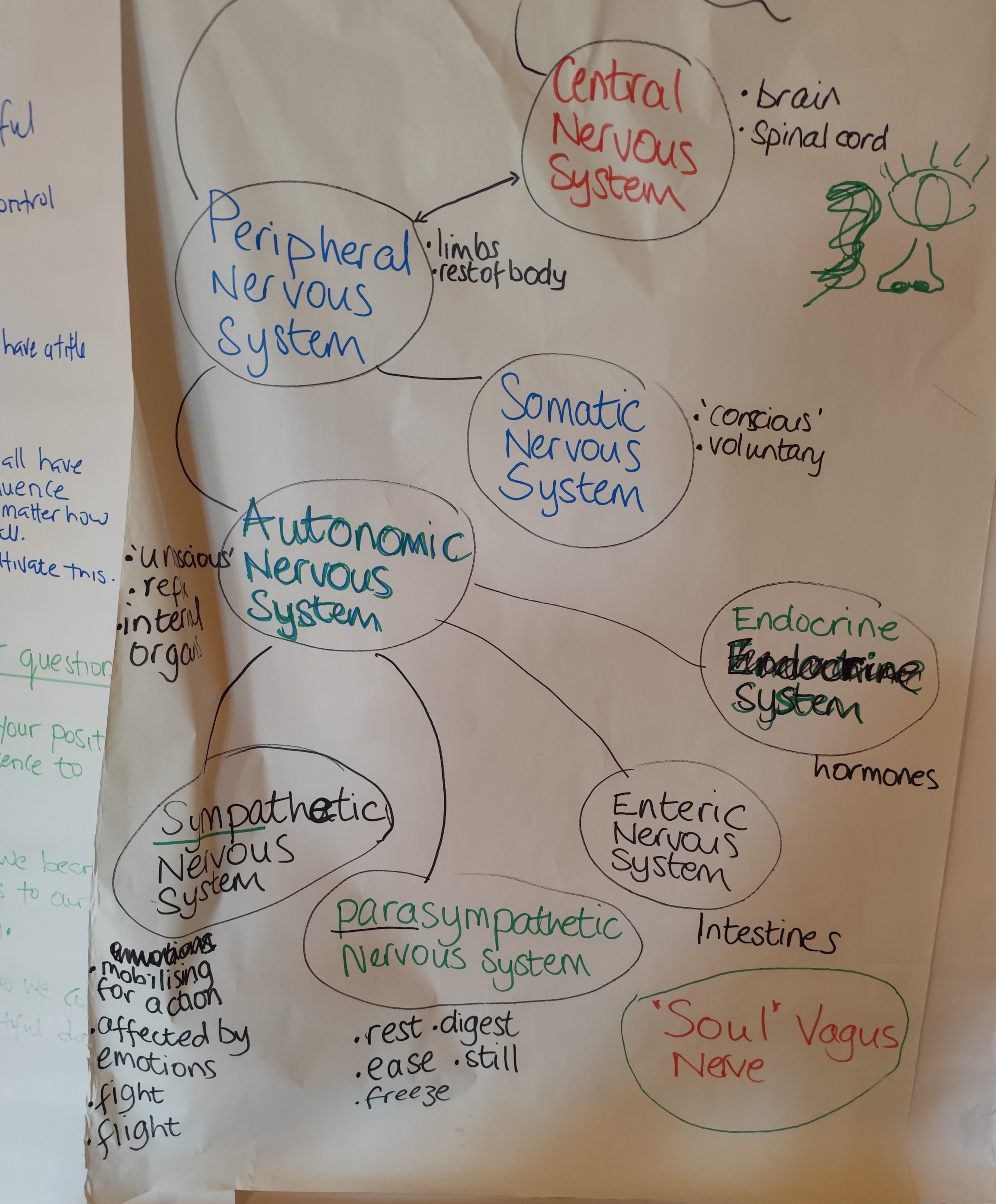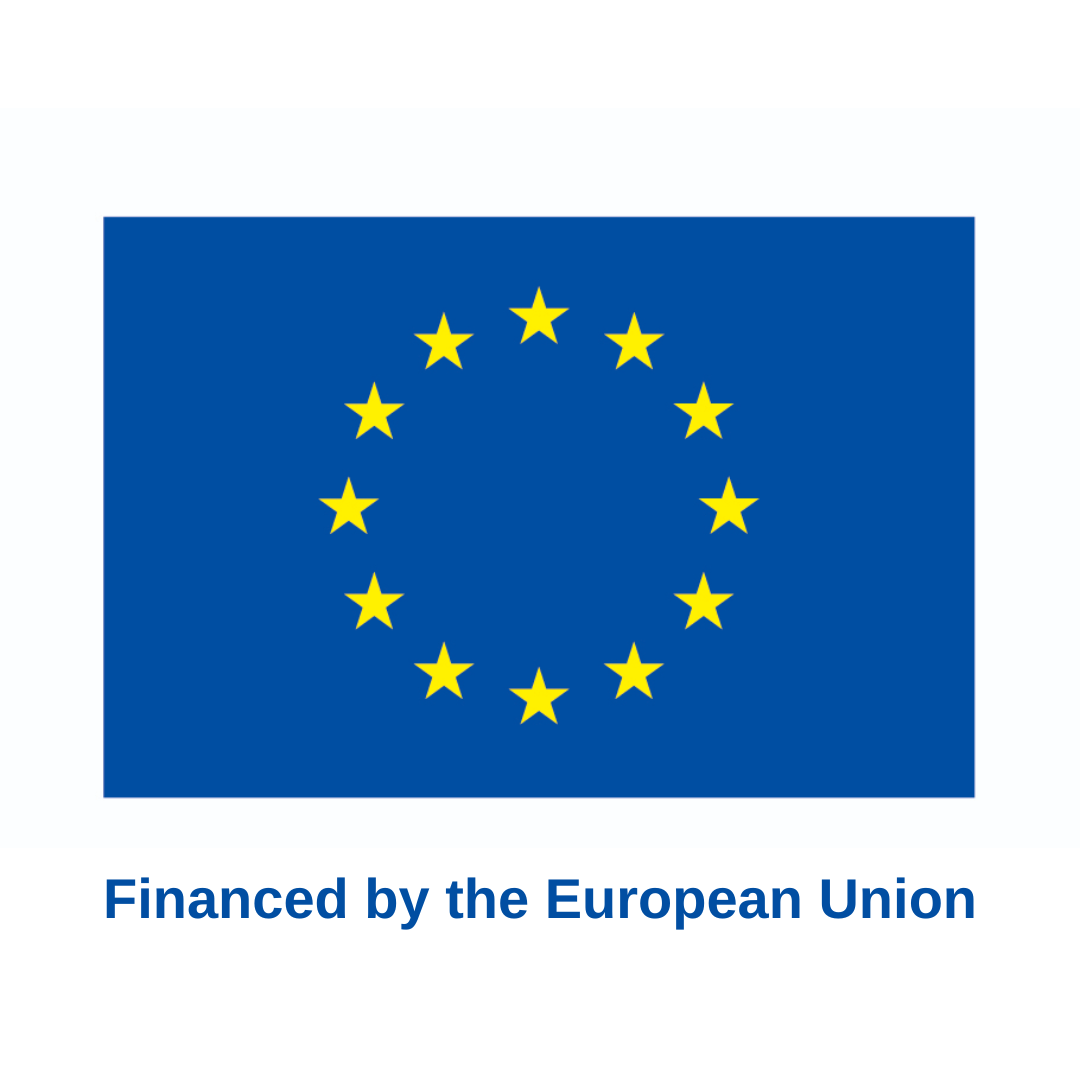Self-care, creativity and community
Jingzhe from Stroomversnellers is a community organizer based in Amsterdam and Utrecht. In their practice, they focus on fostering cross-diasporic community connections and use art-based methods, bodywork and creative writing to help the healing of colonial and imperial traumas. They decided to join the Ulex training in October 2024 because at that time they were experiencing tons of frustration and burnout in my community organizing and workshop practices. They participated in the residential course for BIPOC educators. The participants lived in the small village of Tremp in Spain for a week. In that period, they had a rich and intense training on how to be more sustainable and care-centered in their practices.
Read more about their experience in this blog.
What methods were used in the training?A large part of the training was art-based. We used drawing and painting to explore our feelings, dilemmas, talents and possibilities. For example, we painted to share our life history and imagine educational practices where care - including self care and mutual care - is the root of everything. The training had focus on both the mind and the body. On one hand, we were taught theories that help us position ourselves in Western societies, recognize the nature of our traumas and dilemmas and find allies. For example, Leticia Nieto's theory on social adjustment, healing and allyship helped me a lot. On the other hand, bodywork also makes up an important part of our training. For example, after we learned about trauma and talked about some traumas we had in our life and practices, we used hugs, mutual massages, yawning together, collective singing and humming to calm down our sympathetic nervous system while giving care to our feelings. |  |
 | Can you tell us a bit about your experience?My experience of the course was even more enriched by the communal life we had there. As renowned educator Paulo Freire says, true learning cannot be done in in the bank model but instead must be holistic and experiential. We participants came from different European countries and our origins were even more diverse: Chad, Angola, Libya, Nigeria, Syria, South Africa, Ecuador, Mexico, Brazil, Columbia, Peru, Japan, Thailand, Vietnam and China. We all brought our own and unique life journey, perspectives and causes that we cared about to each other. We did the daily chores together. We listened to each other's story. We hear each other's knowledge and lessons learned. We shared our most difficult dilemma and feelings with each other. We comforted each other. We explored possibilities together. We hiked into the mountains together. We played music and danced together. We laughed together. We cried together. We also learned from our trainers, from how they treated us, how they discussed and decided their matters, how they carried themselves in and out of sessions. In that rich and holistic experience of living and learning and sharing, we experienced with our body what a sustainable, care-centered and rewarding practice of community organizing and adult education is like. |
What have you learned from the training?What I learned from the Ulex training camp really has changed myself and thus my practices. At a basic level, the way I treat myself and my co-organizers in the process has changed so much. Instead of always pushing for action, blaming myself and others for not doing enough, I now think of the wellbeing of ourselves and the relations between us as the number one priority. For example, I have been coordinating a communal writing workshop at De Voorkamer in Lombok since January 2024. I used to push myself really hard and felt frustrated when other volunteers were inactive, but now I can set my boundary better and feel happy when other volunteers are taking a rest. Another positive change is that I became more confident in incorporating art-based methods into my communal practices. For example, in an event my friends and I organized we use stone painting as a method to help participants explore and express feelings for indigenous land. |  |
Ulex is a training organization that facilitates high-quality, multi-day trainings for social movements across Europe. This training was fully funded by a grant from ErasmusPlus. |  |

